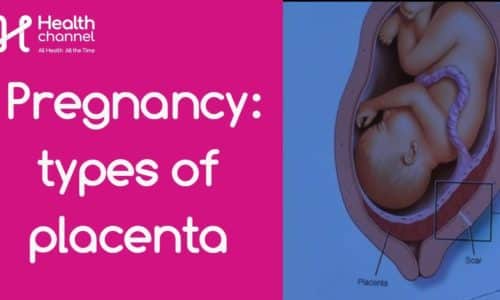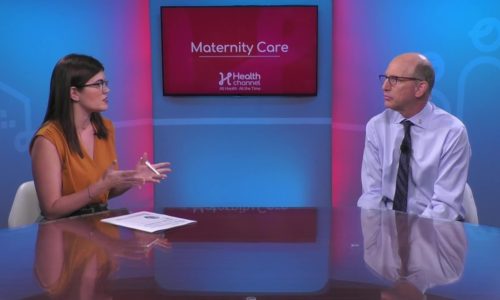Risk Factors for Breast Cancer with Dr. Priyanka Grover | Health Channel |
 In an interview with the Health Channel, Dr. Priyanka Grover, Breast Imaging Radiologist with Baptist Health South Florida, describes some of the common risk factors associated with breast cancer.
In an interview with the Health Channel, Dr. Priyanka Grover, Breast Imaging Radiologist with Baptist Health South Florida, describes some of the common risk factors associated with breast cancer.
Dr. Grover starts off by listing the congenital factors that can lead to breast cancer. Obviously, women are more likely to get breast cancer than men. Older age is also associated with a higher risk of cancer. Inheriting certain genes such as the BRCA gene can put you at risk. Different races have varying risks associated with breast cancer. “Caucasian women get affected with breast cancer more often, however, African-American women experience more severe or aggressive types of cancer,” Dr. Grover explains.
Of course, having a family history of cancer is always something to pay attention to. Having dense breast tissue not only puts you at higher risk of cancer, but it also makes it harder to diagnose cancer because the tissue is so dense. It can be especially hard to diagnose using a 2D mammogram, which is the standard for finding any masses. For dense breasts, Dr. Grover recommends doing a breast tomosynthesis or a breast ultrasound. Some other risk factors include, atypical breast lesions, early menstruation, or late menopause.
Other non congenital factors that affect risk of breast cancer are, alcohol consumption and being overweight or obese. The amount of physical activity you do can also affect your risk of cancer. Four to seven hours of physical activity a week can decrease your risk of breast cancer. Having children, birth control, and hormone therapy after menopause are also all factors that can decide your risk for breast cancer. Breastfeeding is another surprising factor involved in cancer risk. “The more you breastfeed, especially if it’s longer than one year, offers a protective mechanism because your breasts are not exposed to the regular hormones which a woman would be exposed to in her lifetime,” Dr. Grover says.
To watch the full segment of Dr. Priyanka Grover talking about the different risk factors associated with breast cancer, click here: https://youtu.be/J-cQhKCVobM








